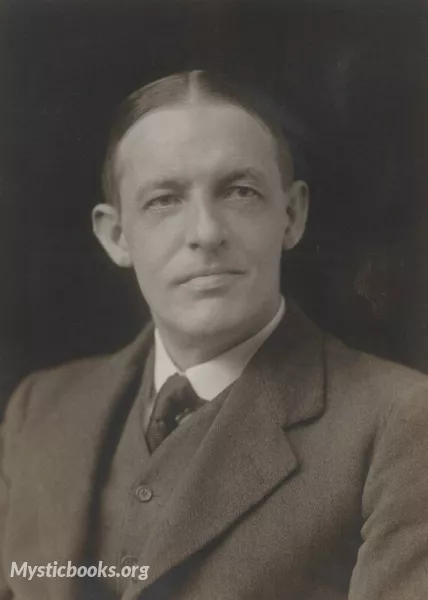
Timeline
Title
Country/Nationality
Lawrence Weaver
Lawrence Weaver (1876–1930) was an English architect, writer, and critic who was a leading figure in the Arts and Crafts movement. He was known for his innovative designs for furniture, textiles, and interiors, as well as his advocacy for traditional craftsmanship and high-quality materials.
Weaver was born in London in 1880. He studied architecture at the Royal College of Art, where he was influenced by the Arts and Crafts movement. After graduating, he worked as an architect in London and the United States. In 1902, he co-founded the Design and Industries Association (DIA), a group of designers and manufacturers dedicated to promoting high-quality design.
Weaver was a prolific writer and critic. He wrote extensively about architecture, design, and the Arts and Crafts movement. His books include The Beauty of Life (1904), The Cottage Homes of England (1904), and The Countryside (1908). He also edited the DIA's journal, The Studio.
Weaver was a leading figure in the Arts and Crafts movement, which advocated for traditional craftsmanship and high-quality materials. He believed that good design should be accessible to everyone, and he worked to promote the use of traditional materials and techniques in modern design. He was also a strong advocate for the preservation of the countryside.
Weaver died in London in 1938. He is remembered as one of the most important figures in the Arts and Crafts movement, and his work continues to influence designers today.
Here are some of Weaver's principles:
- The importance of craftsmanship: Weaver believed that good design should be made by skilled craftsmen using traditional techniques. He argued that this was the only way to ensure that objects were well-made and durable.
- The use of natural materials: Weaver believed that natural materials were the most beautiful and sustainable materials to use in design. He often used wood, stone, and textiles in his work.
- The importance of beauty: Weaver believed that design should be beautiful as well as functional. He argued that beauty was essential to a well-lived life.
- The connection between design and the environment: Weaver believed that design should be in harmony with the natural environment. He argued that designers should use materials and techniques that were sustainable and that did not harm the environment.
Weaver's notable works include:
- The Beauty of Life (1904): This book is a manifesto for the Arts and Crafts movement. It sets out Weaver's principles for good design and argues for the importance of craftsmanship and natural materials.
- The Cottage Homes of England (1904): This book is a study of traditional English cottages. It celebrates the beauty and simplicity of these buildings and argues for their preservation.
- The Countryside (1908): This book is a plea for the preservation of the English countryside. It argues that the countryside is essential to the well-being of the nation and that it should be protected from development.
Weaver's philosophy was based on the belief that good design should be beautiful, functional, and in harmony with the natural environment. He argued that design should be accessible to everyone and that it should play a role in improving the quality of life. Weaver's work continues to influence designers today, and he is considered one of the most important figures in the Arts and Crafts movement.
Here are some interesting things to know about Lawrence Weaver:
- He was a founding member of the Design and Industries Association (DIA), a group of designers and manufacturers dedicated to promoting high-quality design.
- He was a strong advocate for the preservation of the English countryside.
- He was a prolific writer and critic, and he wrote extensively about architecture, design, and the Arts and Crafts movement.
- His work continues to influence designers today.
Books by Lawrence Weaver

Sir Christopher Wren: Scientist, Scholar and Architect
Step into the captivating world of one of history's most brilliant minds with "Sir Christopher Wren: Scientist, Scholar and Architect" by Lawrence Weaver. Unveil the extraordinary life of Sir Christopher Wren, a figure whose legacy transcends discipl...